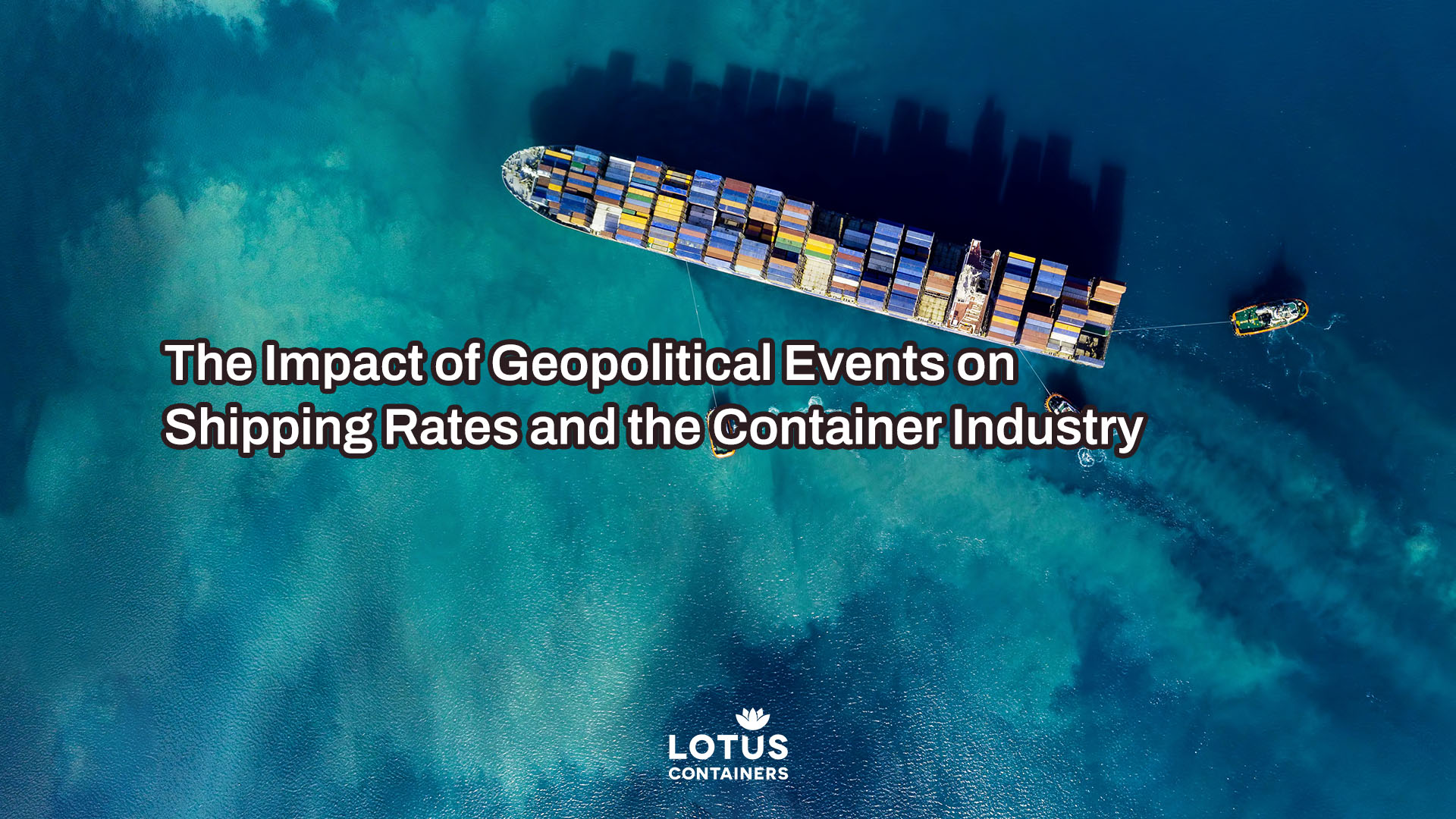
当前位置:新闻动态
Geo-political volatility affects shipping worldwide
来源:https://www.shippingazette.com/ 编辑:编辑部 发布:2025/03/26 08:40:13
THE global ocean freight market is undergoing a period of transition in 2025, influenced by regulatory changes, shifting trade patterns, and evolving carrier alliances, reports the UK's Birmingham's Metro.
While demand remains strong in key regions, rate volatility persists due to supply chain disruptions and excess capacity.
The ocean freight sector is experiencing considerable adjustments as carriers adapt to regulatory and economic shifts. The EU ETS expansion now covers 70 per cent of maritime emissions, leading to higher surcharges and operational costs for carriers.
Capacity growth is projected to slow to five per cent in 2025 after record vessel deliveries in 2024. However, supply chain disruptions persist due to global port congestion and ongoing Red Sea diversions are soaking up excess capacity.
The restructuring of major shipping alliances is further shaping the industry landscape, with the dissolution of 2M, the formation of the Premier Alliance by THE Alliance, and the launch of Gemini Cooperation in February 2025.
Proforma scheduled liner capacity on the Asia-North Europe trade is set to be reduced by around 11 per cent once the transition to the new shipping alliance set-up is complete.
The combined weekly capacity drop of some 28,000 TEU equates to a total reduction of 221,000 TEU across all services. However, the number of individual weekly sailings between Asia and North Europe is expected to increase from 26 (under the previous alliances and standalone services) to 28, potentially improving frequency and flexibility for shippers.
Expectations that Red Sea diversions would ease, returning an estimated two million TEU to global circulation, were dampened following missile exchanges between the US and Yemen's Houthi rebels.
Said MSC chief executive Soren Toft: "Suez simply isn't safe to transit at the moment, and there's no immediate prospect of a return. This continued instability may prolong disruptions and return pressure on rates."
Meanwhile, the Shanghai Containerised Freight Index (SCFI) has dropped 17 per cent since January and despite strong cargo demand in select regions, the market remains vulnerable to downward pricing pressures.
Demand remains resilient but uneven, with North America and India seeing stronger performance, whereas Europe's slower economic growth is weighing on export activity. Chinese exports have exceeded expectations, driven in part by early shipments ahead of potential tariff adjustments.
The Drewry World Container Index (WCI) has reached its lowest level since January 2024 and while rates are below their pandemic-era peaks they are still 79 per cent higher than pre-pandemic averages from 2019.

